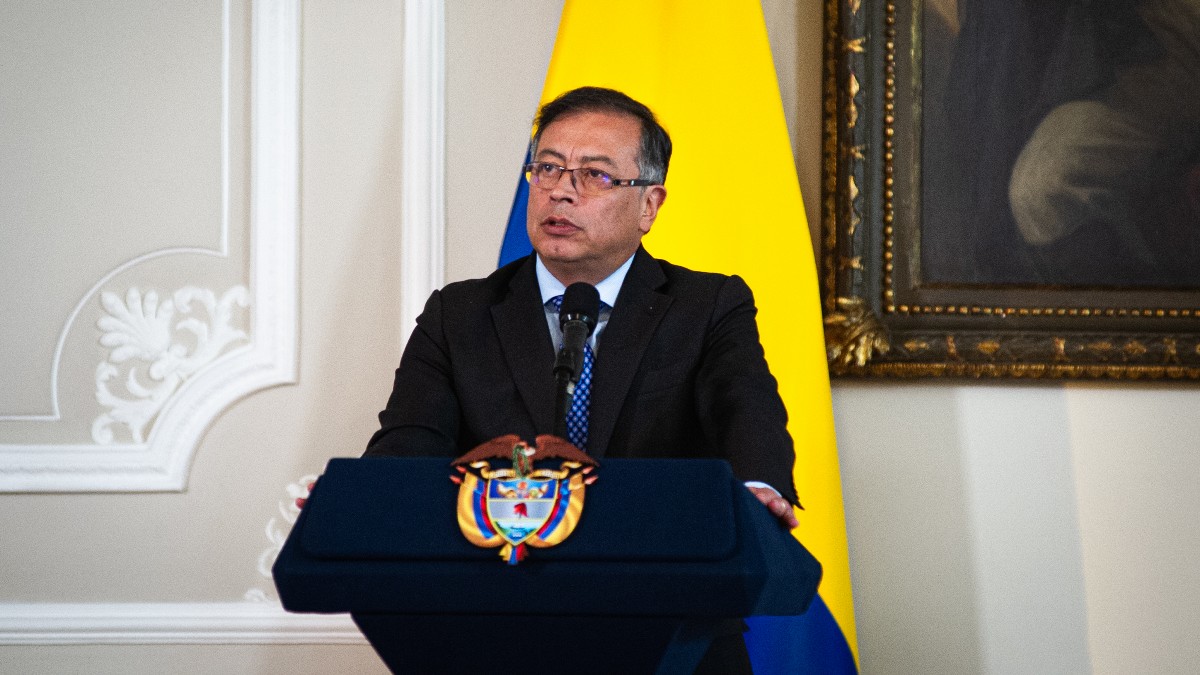Colombia President Gustavo Petro lost his temper and announced a generalized freeze for all residential utility rates, including electricity bills, drinking water and sewage distribution, fuel distribution, telecommunications, and residential gas bills.
Until now, service providers were regulated as “natural monopolies,” but under clear, predictable guidelines and technical criteria previously agreed upon in 1994, allowing a scheme with stable game rules for long-term investment.
This system was implemented through regulatory commissions, as in most countries.

President Petro’s reform completely annuls the autonomy of the commissions: tariffs will be directly prefixed by the Government, using completely arbitrary and political criteria.
Formally, the Energy and Gas Regulatory Commission (CREG), the Drinking Water and Basic Sanitation Regulatory Commission (CRA), and the Telecommunications Regulatory Commission (CRC) will completely lose their powers and will be agglutinated by the Ministry of Finance and Public Credit and the Ministry of the Interior.
“Regulatory commissions are to regulate markets based on universal law, not to affirm financial speculation processes, as they have done so far”, stated Gustavo Petro in relation to tariff regulation.
The new pricing system will be similar to the one currently operating in Venezuela and Argentina, where governments set political prices for public tariffs, turning them into another tool of economic policy with an enormous cost in terms of distortion of relative prices.
Petro intends to freeze utility tariffs for an indefinite period of time.
The Government wants to use these prices as a “nominal anchor” for a typically heterodox stabilization plan based on controls.
The problem with using nominal anchors of this type is that the anchored price will inevitably reduce its value in real terms, deeply discouraging investment in the strategic sectors of the economy.
There is a risk of suffering the same consequences as Argentina and Venezuela: decapitalization, electricity blackouts, and systematic deterioration in the quality of services.
The stock market reacted negatively again after the President’s outlandish measures.
The MSCI Colcap index (analogous to the Argentinean Merval) plummeted 1.53% on Friday to 1,281.97 units.
Contrary to the government’s pretensions, tariff controls generate upward pressure on inflationary expectations because it is assumed that if the Government incurs controls, this is due to the reluctance to order public finances, a fact that deteriorates the Central Bank‘s power of action.
The firm JP Morgan warned about this fact, alleging that Petro’s tax reform does not seek to reduce the fiscal deficit responsibly; it simply seeks to capture more resources to finance the expansion of public spending.
With information from LGI

